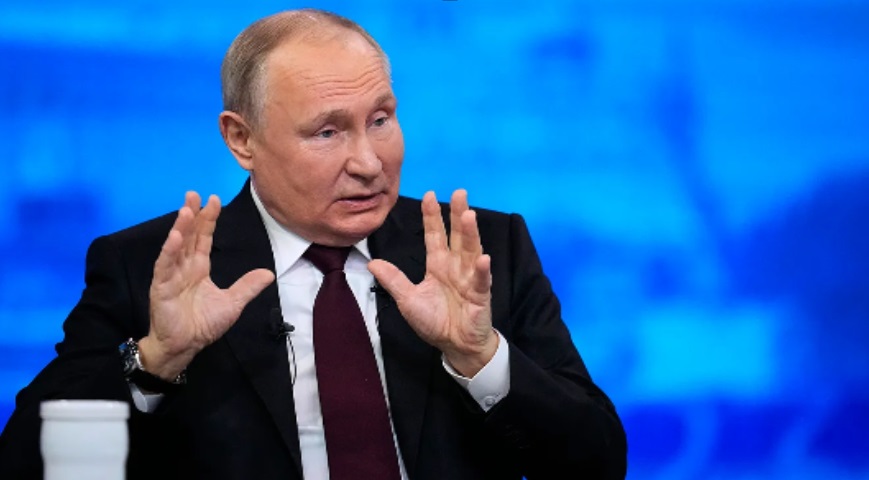Russian President Vladimir Putin has pledged "total support" for Africa, as Moscow strengthens its influence while several African nations shift away from traditional Western alliances.
Delivered by Russian Foreign Minister Sergei Lavrov at a summit in Sochi, the declaration highlights a growing partnership between Russia and African governments, particularly in response to the escalating jihadist threats on the continent.
With Burkina Faso’s Foreign Minister Karamoko Jean-Marie Traoré openly stating that Russia is a more favorable partner than France, it’s clear that many former colonies are reassessing their allegiances.
Mali’s Foreign Minister Abdoulaye Diop echoed this sentiment, emphasizing the Kremlin’s “sincere” partnership compared to the perceived “neo-colonial” ties with the West.
He detailed plans for military collaboration and potential joint ventures in key sectors like energy, telecommunications, and mining, highlighting that Russian firms are already deeply engaged in these areas.
Did you read this?
The rebranded Wagner mercenary forces, now known as the Africa Corps, have bolstered Russia’s presence, especially following the withdrawal of French and UN troops from the region.
While Moscow’s military assistance is exchanged for access to critical resources, its efforts to curb Islamist violence have seen limited success. Nevertheless, the Kremlin remains confident; foreign ministry spokeswoman Maria Zakharova stated that the summit had dashed Western hopes of isolating Russia.
Despite Putin’s promises, there remains skepticism about the actual impact of Russia’s involvement. Emanuela Del Re, the EU’s special representative for the Sahel, acknowledged that while Russia is a “malicious actor,” it has deep ties with Africa that predate independence. Meanwhile, nations like Rwanda are forging ahead in their partnerships with Moscow, with plans for nuclear power cooperation highlighted by Rwandan Foreign Minister Olivier Nduhungirehe.









